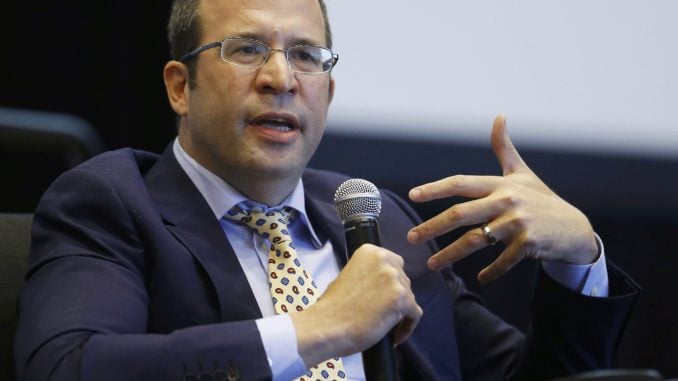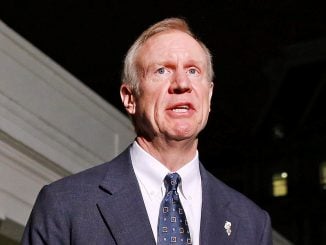
BOSTON Last month, the governing body of the College Board the not-for-profit that owns the SAT college-entrance exam met at the Ritz-Carlton resort in Fort Lauderdale, Fla., for its annual retreat.In 2016, the organization struggled with myriad problems: security lapses overseas, a major breach of questions from the new SAT in the United States, concerns that math questions on the redesigned exam were too long, and continuing setbacks in its years-long effort to digitize the test.Whether the organization’s Board of Trustees discussed any of those issues at its Florida retreat is unclear. Trustees have declined to discuss the College Board’s problems. In a statement to Reuters, a spokeswoman cautioned that “outside experts” who comment on the College Board “have no knowledge of the Board of Trustees’ deliberations.”A lack of disclosure by the board is precisely the issue, say some specialists in nonprofit governance. Oversight of the College Board and its CEO, David Coleman, has been opaque, they say, as members of the Board of Trustees have proved unwilling to discuss how the organization is handling its problems.Lloyd Thacker, executive director of the Education Conservancy, a nonprofit that seeks to diminish the importance of standardized testing in the college admissions process, questioned whether the trustees are vigilant enough in overseeing the College Board, which had about $77 million in annual profit and $916 million in revenue in 2015.”What is the mechanism that holds them accountable? I’m scratching my head,” he said. “There doesn’t seem to be a countervailing voice here at all.”The College Board draws most of its 30 trustees from the ranks of its core members, mainly colleges and high schools. Most board members are college administrators or school district superintendents appointed to four-year terms. The chair, Douglas L. Christiansen, is dean of admissions and financial aid at Vanderbilt University. He has served on the board since 2011. Other trustees include the directors of financial aid at Stanford University and Yale University, and school district superintendents in California, Illinois, Indiana and New York.”The College Board trustees are treated incredibly well,” said Adam Ingersoll, founder of Compass Education Group, a California-based test-prep company. “They are made to feel that when they become trustees, they are doing the Lord’s work.”But in Ingersoll’s opinion, the College Board was “a mess. This is my 23rd year in this business, and I have never seen anything like this.”In a statement sent through a College Board spokeswoman, Christiansen said the trustees are “proud of the advances the College Board has made to deliver opportunities to students, and we’ll continue to build on those successes.” He said the trustees have established ways to “continually track progress and hold the College Board accountable for the ambitious goals we have set.”Reuters attempted to talk with more than 50 current and former trustees to ask about their fiduciary role and whether they were aware of the extent of the College Board’s security issues. Those reached by Reuters declined to comment on the College Board’s problems; most referred any questions to Sandra Riley, the organization’s vice president of communications.Reuters obtained a “briefing book” for trustees who attended the College Board’s annual forum for members in October. It included a series of “talking points” about what trustees could say about test security, but “only if you’re asked.””Much of the reporting and internet message board activity related to cheating is focused on the old SAT,” the document stated. “We’ve increased test-form development to reduce form reuse, strengthened our prevention and detection techniques, and bolstered efforts to monitor and remove test content illegally posted online. We can, and will, do more.”Through a public records request, Reuters also obtained an email that Dorothy Sexton, a College Board vice president, sent to 15 former trustees in October 2015.”We understand that a reporter from Reuters is contacting former Trustees to ask questions about the SAT,” Sexton wrote. “If you hear from her, could you please let Sandra Riley know? We ask that you decline the interview.”On Jan. 21, about two weeks after the organization’s trustees had returned home from the Florida retreat, the College Board suffered a security breach. It reused parts of an SAT exam in Asia that had been administered last June in the United States. Test-prep industry sources told Reuters the exam was widely available in China and had been sold to students in South Korea. The news agency obtained more than 200 pages of scans and photographs of the leaked exam, which had been circulating in Asia.In a statement to Reuters, spokeswoman Riley said the College Board is investigating the matter and that the organization “will be coming forward with new policies in the coming months” related to test security.



